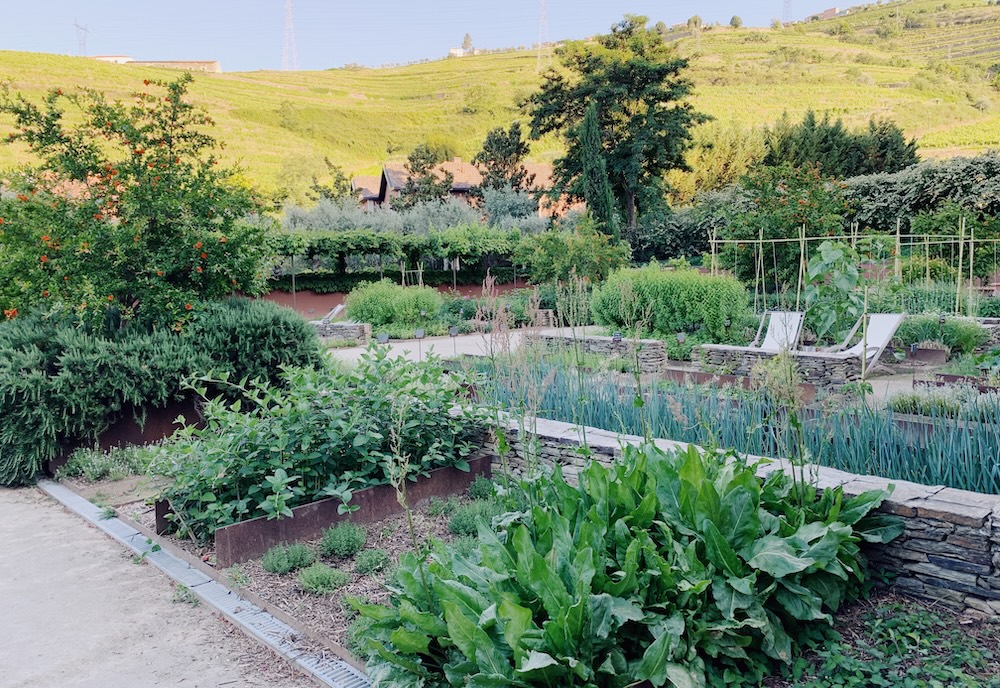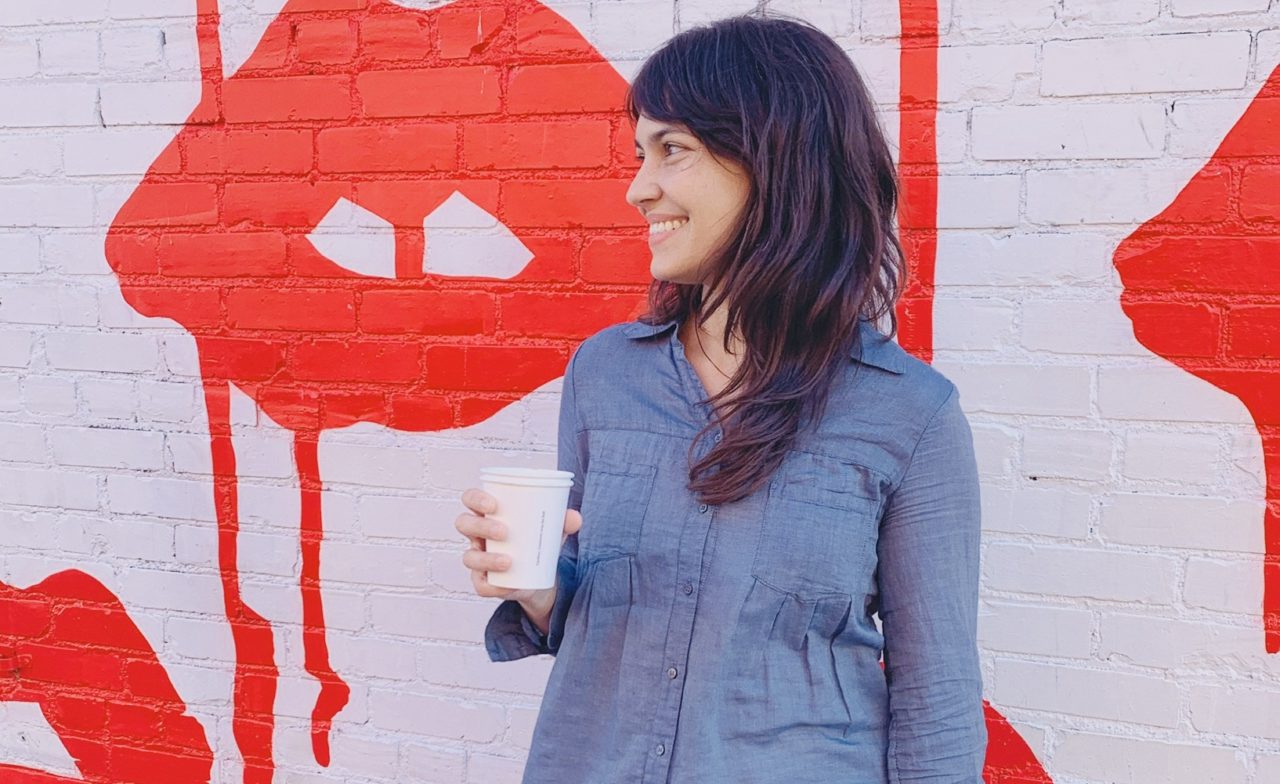Home gardening is a favorite pastime. Not only does it allow you to create self-reliance by growing your food, but it also gives you complete control over how your food is grown. There are many nuances to be considered when planning a home garden, like where your seeds come from. The types of seeds you choose affect your health, soil health, and local biodiversity. As nature springs back to life around us, it’s time to start thinking through your garden plan.
Supporting organic and heirloom seed companies ensures the longevity of small, independently owned businesses, and they’re also better for your health and the resilience of diverse species.
Seed Types
Seeds create the foundation of your garden. A few basic terms to be familiar with when you’re ready to purchase seeds: conventional, GMO, organic, and heirloom. Conventional seeds are usually treated with chemicals. GMO seeds are genetically modified to give the plant an unnatural benefit, like resistance to pests. Conventional and GMO seeds can become problematic because they can cross-pollinate with organic plants, rendering them non-organic. The chemicals used with conventional and GMO seeds can contaminate water and soil, and residuals on the plants themselves are harmful when ingested by people.
On the other hand, organic seeds are harvested from plants grown without pesticides or insecticides. Family farmers cultivate heirloom seeds, which are often praised for flavor and being more nutrient-dense. When you choose organic or heirloom seeds for your garden, you support environmentally sound and sustainable seed practices and safeguard your health.
Environmental Impacts
Both organic and heirloom seeds are produced using sustainable farming practices, resulting in more environmental good than harm. Choosing sustainably sourced seeds positively impacts the environment by helping perpetuate diversity and cultivating plants that can more easily adapt to climate change. Conventional and GMO seeds, on the other hand, promote monoculture, create a sterile environment, and necessitate the use of chemicals. The impacts on the food and environment are unhealthy for insects, plants, and humans.
Sustainable gardening practices like crop rotation and co-planting offer natural ways of controlling pests and replenishing soil nutrients.
Support Independent Seed Companies
According to research compiled by Fedco Seed Company, most seeds available on the market are controlled by a handful of large multinational corporations. Love Local is a directory of independent, sustainable businesses and is the perfect place to start your search for independently owned seed businesses you can trust. Your support of small businesses helps ensure the availability of ethically produced seeds and contributes to a healthier environment. Start your search on Love Local to support individuals who care deeply about the environment and healthy food.



